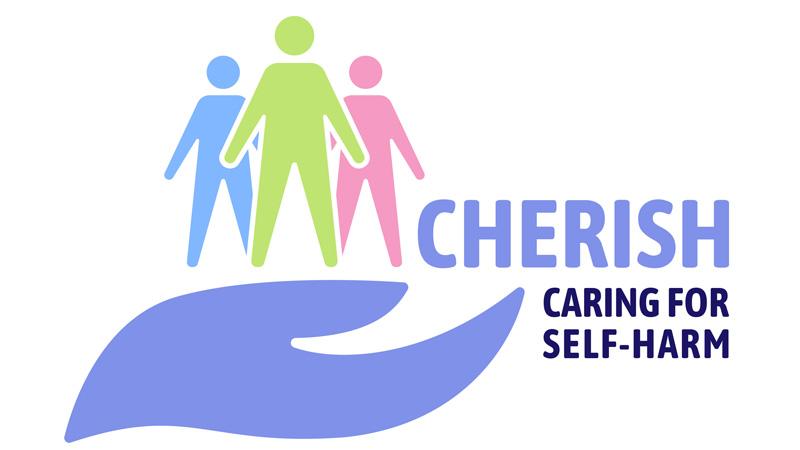CHERISH is a new website developed by a team of researchers at the University of Westminster following a successful research grant from the Sir Halley Stewart Trust.

The website is aimed at those providing support for a student/s engaging in self-harm. It contains resources for anyone in this role, including staff and students. The Westminster research team, who developed this project, includes Laura Culshaw, Doctoral Researcher (Psychology); Dr Nina Smyth, Senior Lecturer in Psychology; Dr Jay-Marie Mackenzie, Senior Lecturer in Psychology and Dr Tina Cartwright, Reader in Health Psychology.
What is CHERISH and how did it all begin?
In 2017, the team secured funding from the British Academy in order to understand self-harm amongst university Students (Helping Understand Student Self-Harm: The HUSSH Study). This study involved one-to-one interviews with students with personal experiences of self-harm, as well as an online questionnaire to university students across the UK. As a result of this research, students highlighted some of the barriers to accessing university support, and based on the findings, the team devised a diagram and a leaflet for universities on ways in which they could help to address some of the issues discussed by students (both are available to download from the cherish website - Leaflet and Diagram).
During the HUSSH study, they also discovered that many students were providing support for others who had self-harmed whilst at university. Further, Laura Culshaw, who worked on the project, was approached by individuals taking on a supporting role (university staff, friends, family, fellow colleagues) who wanted to help with the research. From this, Laura reviewed the literature, and it appeared that there was little knowledge about the experiences of those providing support. The team therefore sought funding (from the Sir Halley Stewart Trust) to explore this issue (the CHERISH study). Following a successful grant application, interviews were carried out with individuals who had experiences of providing support for self-harm, ranging from professionals (i.e. university counsellors), to friends, family and carers. The website has been developed based on the findings of this research and in collaboration with participants with lived experience.
Who is the website aimed at?
The website provides resources and evidence-based information to anyone who may be currently, or has previously, provided support for another individual engaging in self-harm. The website has lots of resources (including self-care tips for supporters and information on how to access support for themselves). This could be of particular use to staff or students who may be providing support to students who have disclosed self-harm. The website is freely available to anyone looking for support around this subject, even if they do not wish to seek support face-to-face.
What to expect from the site?
The website has been developed alongside participants with lived experience of providing support for self-harm. There are different sections to the website which are tailored to particular groups (i.e. professionals, friends, family…). Information in these sections is based on the suggestions of participants in terms of what they felt would be useful. Many of the pages also include top tips, either from the research team or participants themselves.
In line with World Mental Health Day (10 October), the Westminster research team will be holding an event for the launch of CHERISH website on Monday 5 October.
The event will last for a week and will be focusing on a specific area of mental health each day, with contributions from individuals with a particular interest in this area from the University of Westminster.
For more information about the website, please visit www.cherishsupport.co.uk.
For regular updates about this project, please follow https://twitter.com/cherishsupport1.
If you have any questions or queries in relation to CHERISH, please contact [email protected].


